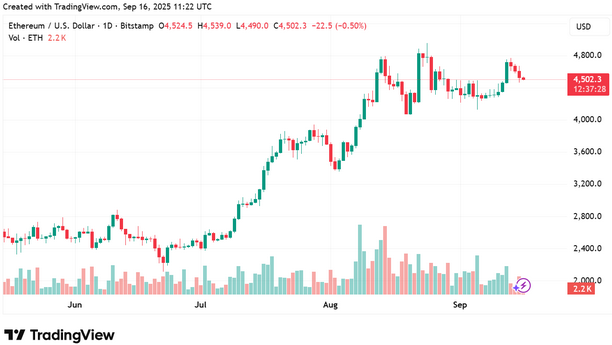The European Union’s long march toward a digital euro has hit a crossroads. In Brussels, lawmakers are debating whether the continent even needs a central bank digital currency — or if private innovation might already be doing its job.
For years, the European Central Bank (ECB) has envisioned a public digital currency that would anchor Europe’s payment system in the 21st century. But a new parliamentary proposal could slow that momentum dramatically.
The initiative, introduced by Fernando Navarrete of Spain’s center-right EPP group, argues that a digital euro should only exist if the private sector fails to build a seamless European payment network. In other words, the ECB’s project would become a backup plan, not the default future.
If approved, this “conditional” approach would redefine the EU’s digital finance agenda, prioritizing commercial innovation before central-bank intervention.
Private Competition First
Navarrete’s draft report envisions a “market test” before any online version of the digital euro goes live — a process that would require Brussels to confirm the absence of a pan-European retail payment system before giving the ECB the green light.
His argument is simple: if companies can deliver efficient, borderless payment systems on their own, there may be no reason to spend billions of euros building a state-run version.
“The ECB has been calling for a solution — public or private — to connect Europe’s payment systems,” Navarrete told reporters. “The private market should have the first chance to do that.”
Critics, however, say this could derail years of technical and political progress. The ECB sees the digital euro not as competition to banks, but as a guaranteed European alternative to U.S.-based payment networks like Visa, Mastercard, and PayPal.
A Split Vision for Europe’s Money
The timing of Navarrete’s report has raised eyebrows. It arrived just as the ECB announced plans to begin pilot testing in 2027, with a possible rollout in 2029. The coincidence underscores a growing divide between the bloc’s technocrats — who want to move forward — and lawmakers, many of whom fear the ECB is moving too fast without proving a real public need.
Navarrete insists he’s not trying to kill the project. “I’m not for or against the digital euro,” he said. “But we must ensure stability and proportionality.”
The Offline Compromise
While the online version faces pushback, his plan supports developing an offline digital euro that would function more like digital cash — stored locally on secure devices and transferable even without internet access. This version, he argues, would preserve the right of Europeans to hold central bank money “under all circumstances” without destabilizing the banking sector.
His report also calls for strict limits on how much digital euro any one person can hold — a safeguard against deposit flight from commercial banks during periods of stress.
ECB Holds Its Ground
The ECB has responded carefully, describing the proposal as a “constructive step” toward Parliament’s position while reaffirming its commitment to completing preparatory work. “Europe needs a payments system that works everywhere and for everyone,” said Executive Board Member Piero Cipollone, adding that the project remains vital for economic sovereignty.
Still, the central bank faces an uphill political battle. With several parties skeptical about the necessity of a digital euro, reaching consensus could take years — and legislative negotiations are not expected to conclude before mid-2026.
Between Sovereignty and Market Reality
Europe’s digital currency debate captures a larger philosophical divide: should the future of money be designed by central banks or discovered by markets?
For supporters of the ECB, a digital euro symbolizes independence — a European answer to American and Chinese payment dominance. For skeptics, it’s a bureaucratic solution in search of a problem.
Navarrete’s proposal effectively challenges the ECB to prove its relevance: if private firms can unify Europe’s fragmented payment systems, the digital euro may never need to exist.
Whether that bet pays off will depend not on ideology, but on what happens first — innovation from the market, or exhaustion from Brussels.
The information provided in this article is for educational purposes only and does not constitute financial, investment, or trading advice. Coindoo.com does not endorse or recommend any specific investment strategy or cryptocurrency. Always conduct your own research and consult with a licensed financial advisor before making any investment decisions.
AuthorRelated stories
Next article
Source: https://coindoo.com/digital-euro-faces-uncertain-future-as-brussels-rethinks-its-purpose/


